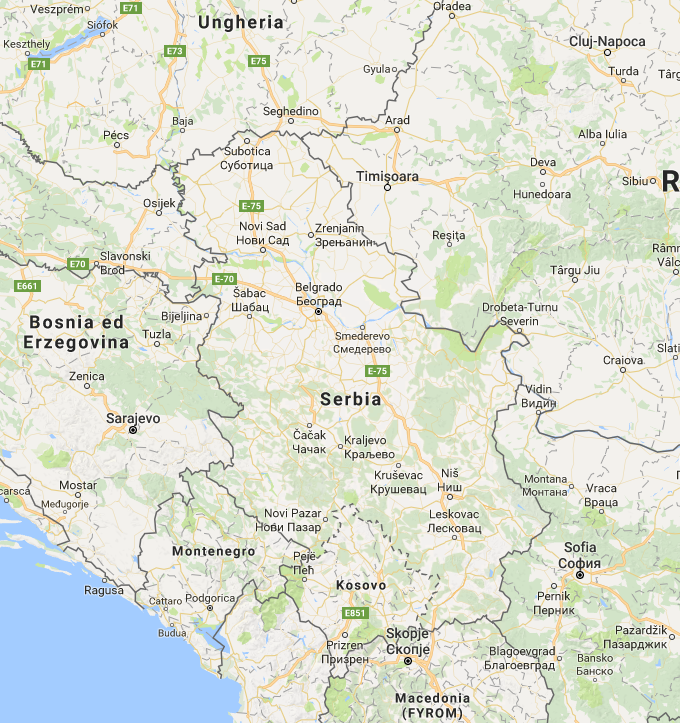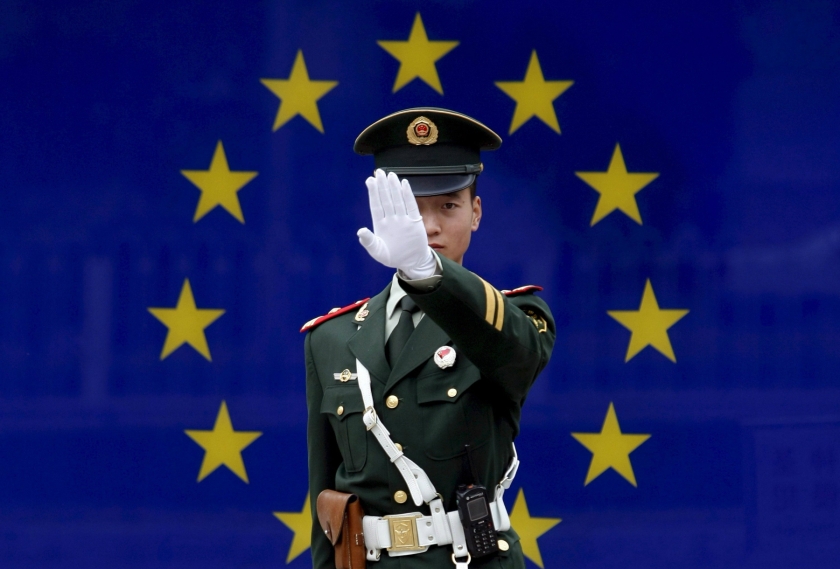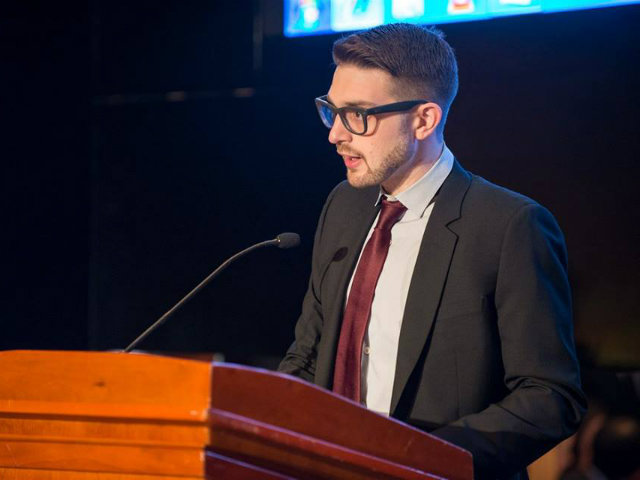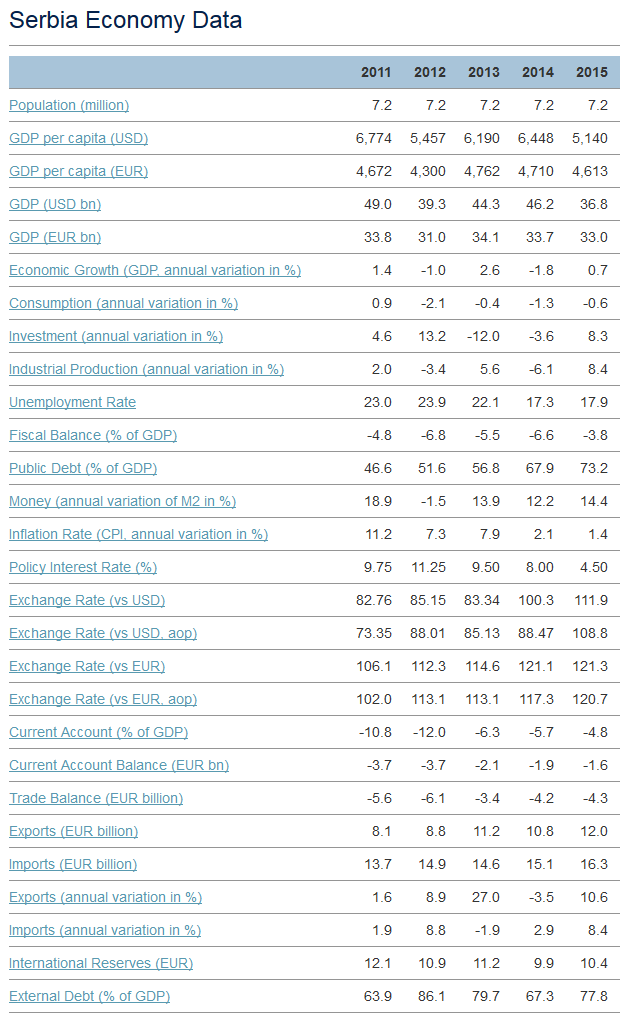Giuseppe Sandro Mela.
2016-04-24.
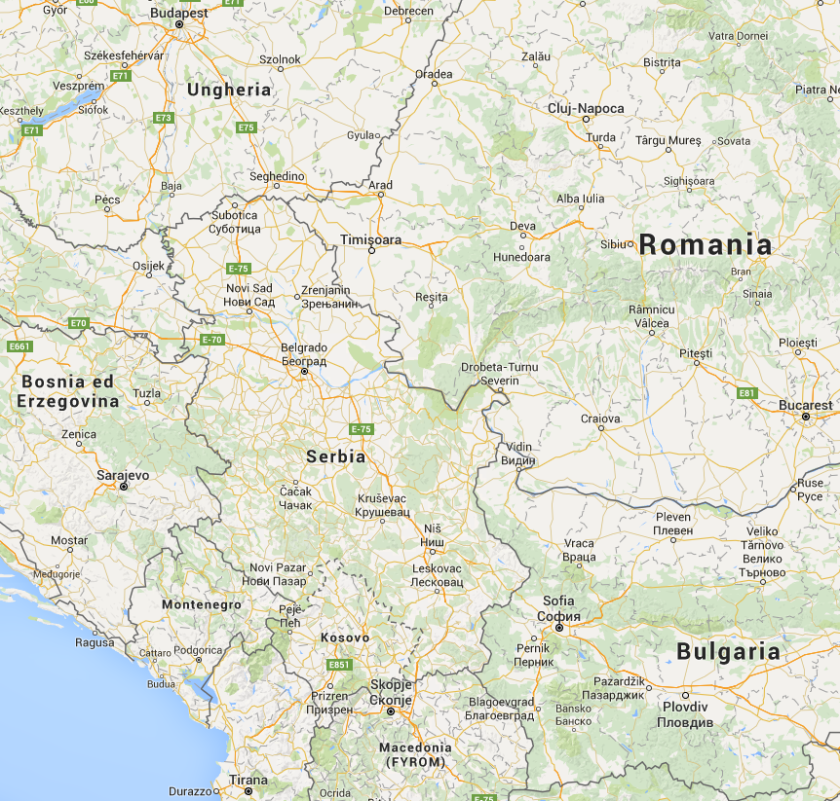
«Polls have suggested a win for his Progressive Party»
*
«Prime Minister Aleksandar Vucic called the vote two years early seeking a clear mandate to continue with reforms before the country could join the EU»
*
«We want to complete the process of privatisation, speed up (private) investments and above all to spur the entrepreneurial spirit of the people»
*
«Serbia has signed a €1.2bn ($1.35bn; £940m) loan with the International Monetary Fund»
*
«In return, it needs to implement austerity measures demanded by the group»
*
«The country’s economy is in bad shape and unemployment is at around 18%.»
*
La Serbia è un paese povero.
Ad un pil pro capite di 5,309 Usd / anno si contrappone un pil ppa pro capite di 10,722 Usd / anno. I disoccupati raggiungono il 18% della popolazione attiva.
Difficile poter emettere giudizi sereni: la Serbia ha da sempre gravitato nell’orbita russa ma la sua collocazione geopolitica attuale suggerirebbe l’opportunità di inserirsi nella Unione Europea. L’operato ed i progetti politici del Premier Vucic sono quindi considerabili da due punti di vista opposti: non conciliabili.
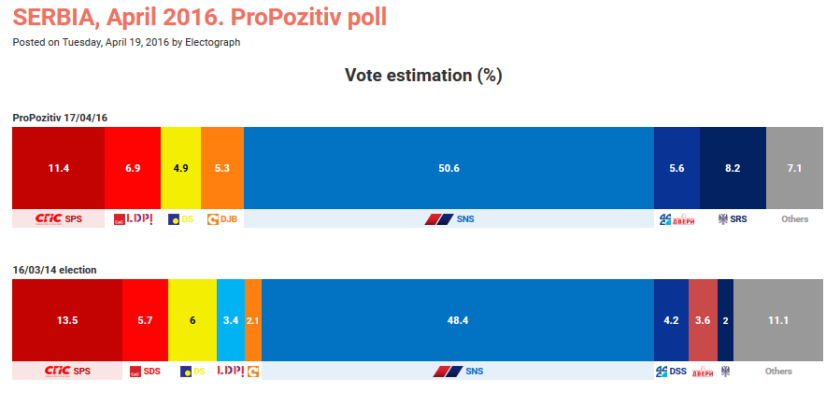
Cercando di parlare nel più obiettivo possibile dei modi, sembrerebbe utile stressare la svolta a destra data da Vucic, intendendo per “destra” una ragionevole riduzione dell’ingerenza statale nei sistemi economici, un largo processo di privatizzazioni e lo stimolo alla imprenditorialità.
Tutte queste operazioni richiedono però tempo.
Nell’immediato c’è il grave problema del risanamento dei bilanci, fatto che porterà inevitabilmente a dover imporre severe misure di austerità, sicuramente malviste da larghi strati della popolazione.
Però le proiezioni sembrerebbero essere inequivocabili. Il condizionale sarebbe d’obbligo.
→ Bbc. 2016-04-24. Serbia election seen as vote on EU membership.
Polls have opened in Serbia in a parliamentary election seen as a de facto referendum on whether the country should seek EU membership.
Prime Minister Aleksandar Vucic called the vote two years early seeking a clear mandate to continue with reforms before the country could join the EU.
Polls have suggested a win for his Progressive Party.
But discontent with Mr Vucic’s pro-EU stance looks set to bring ultra-nationalists back into parliament.
They oppose membership to the European bloc and favour closer ties with Russia.
These include Radical Party leader Vojislav Seselj, whose popularity has been boosted by his recent acquittal of crimes against humanity at the UN war crimes tribunal in The Hague.
This is Serbia’s third parliamentary election in less than four years. Some 6.7 million people are eligible to vote.
Voting continues until 18:00 GMT and partial results are likely to come a few hours after that. There are no exit polls.
Opinion polls have indicated an absolute majority for Mr Vucic in parliament.
“We want to complete the process of privatisation, speed up (private) investments and above all to spur the entrepreneurial spirit of the people,” Mr Vucic told Reuters news agency.
The ultra-nationalists, however, could complicate Serbia’s EU membership talks by resisting concessions, such as ending the claim to sovereignty over Kosovo.
Critics of Mr Vucic say his government has become increasingly autocratic, with some calling him a “dictator”.
Serbia has signed a €1.2bn ($1.35bn; £940m) loan with the International Monetary Fund. In return, it needs to implement austerity measures demanded by the group.
The country’s economy is in bad shape and unemployment is at around 18%.
The key players.
Founded in 2008, it has been in power since 2012. It won an overall majority two years ago, an unprecedented event in Serbia’s short democratic history. It wants to pursue EU membership while maintaining good relations with Russia.
Ivica Dacic, Socialist Party of Servia (SPS), left
Founded in 1990 by Serbia’s late strongman Slobodan Milosevic. Its main goals are achieving more social justice, social welfare and finding a political solution for Kosovo. But it has supported austerity policies implemented by its coalition partner SNS.
Vojislav Seselj, Serbian Radical Party (SRS), ultra-nationalist
Founded in 1991, promoted since its early days the union of Serbia and parts of Bosnia and Croatia where Serbs formed the majority. It opposes EU membership and supports a closer alliance with Russia.
